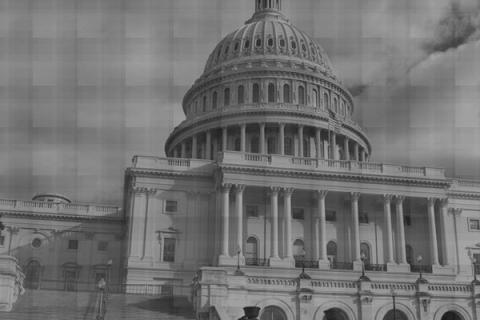Arrested in May 2010, US Army Private First Class Bradley Manning has been one of the central figures in the biggest instance of leaked diplomatic cables in American history.
Arraigned in February 2012, Manning faces a total of thirty-four charges, including aiding and abetting the enemy, which could have carried the death penalty, although the government is only seeking a life sentence. Manning is accused of downloading nearly one million classified documents and video clips and sharing them with the whistleblower website WikiLeaks. With few other options and hoping to avoid the more serious charges, Bradley Manning offered a plea in the Wikileaks case.
Manning's plea, made through his lawyer, is for "exceptions and substitutions," which means Manning accepts responsibility for "offenses that encapsulated within, or are a subset of, the charged offenses." It is not a plea bargain, or part of any deal with the government.
Choosing to forego a jury trial, Manning faces only a military judge who alone will accept or reject Manning's plea. If the judge accepts, Manning's trial, which is currently scheduled to begin in February 2013, would focus on whether the actions Manning has pled to directly caused harm. However, the government would still have the option of pursuing all the charges.
The Manning case has been among the bigger transparency cases in American history. Manning, an open homosexual in the Army, who is believed by many to have leaked documents to exact revenge on the Army for being bullied, has opened up discussions in the United States about transparency.
In an interview with Democracy Now, constitutional lawyer Glenn Greenwald explains the unlikelihood that Manning's alleged actions were venal, but motivated by a sense of responsibility to his country:
"[Manning] could have passed the information to al-Qaeda. He could have sold it to foreign governments. There were all kinds of ways he could have benefited personally from this. But if those chat logs are to be believed, the ones that the government has, what he says is that what motivated him as his shock to discover that the government, in whose military he had enlisted, was engaged in all kinds of deceitful and corrupt acts, and he needed the world to see that and know that, so that reforms were possible."
When he came into office in 2009, President Barack Obama promised he would lead the most transparent administration in history. However, the Manning case has been the most high-profile prosecution of a whistleblower during the Obama administration.
During his first term, the Obama administration has prosecuted more whistleblowers, at least six, than any of his predecessors. Like Manning's, the other cases also dealt with individuals working in the US government who exposed what they believed was wrongdoing on the part of their employer.
Manning's plea came on Thursday, November 8, one day before the resignation of former CIA director David Petraeus, after the discovery by the FBI of an affair conducted by the four-star general. With such close proximity to the unfolding Petraeus case, coverage of Manning's plea has been somewhat obscured in the media. However, like the Manning case, it is not known whether Petraeus' extramarital affair led to a compromise of American national security.

